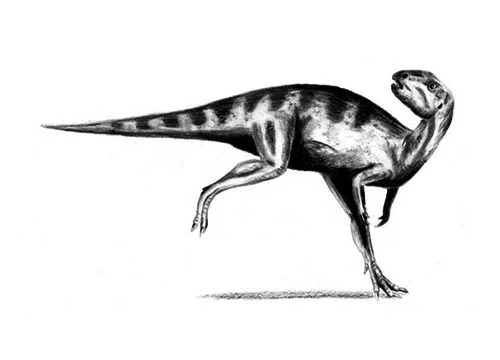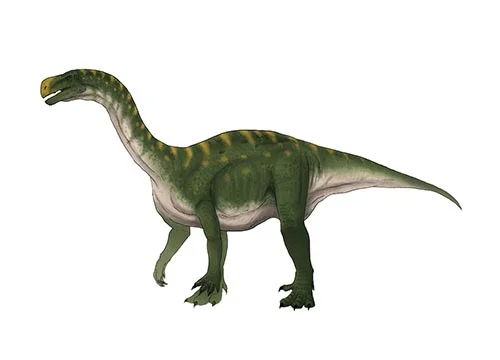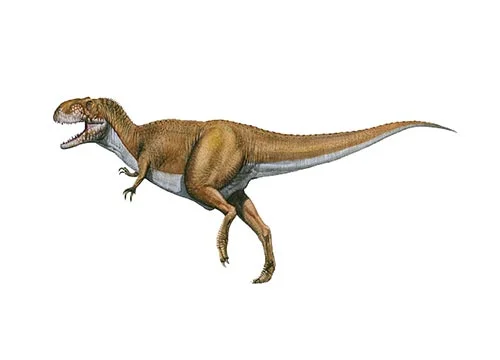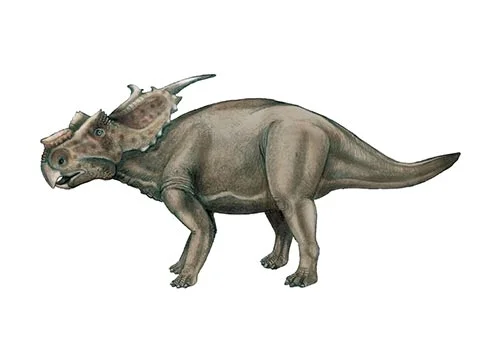Orodromeus (Mountain runner)

Or-o-dro-me-us
Jack R. Horner & David B. Weishampel - 1988
Herbivore
Estimated 2 meters long
Euornithopod
D. makelai (type)
USA, Montana - Two Medicine Formation
Late Cretaceous, 77-75 million years ago
Orodromeus Facts
Orodromeus, which means “mountain runner,” is a genus of small herbivorous dinosaur that lived during the Late Cretaceous period, around 75-77 million years ago. Its fossils were first discovered in Montana, USA, in the late 1990s.
Orodromeus was a member of the family Hypsilophodontidae, which were small, bipedal herbivores that lived during the Cretaceous period. It was about 2 meters (6.5 feet) in length and weighed around 30 kilograms (66 pounds).
Orodromeus had a slender build, long legs, and short arms. It had a long tail, which likely helped it to maintain balance while running. It had a small, narrow skull with large eyes, indicating that it had good vision. It also had leaf-shaped teeth that were adapted for cutting and grinding plant material.
Based on its anatomy, Orodromeus is thought to have been a fast runner, which likely helped it to escape from predators. It may have lived in herds for protection, and some fossil evidence suggests that it may have dug burrows for shelter.
Orodromeus is an important dinosaur for scientists to study because it is one of the few well-preserved hypsilophodontids known from North America. Its fossils have provided valuable information about the evolution and behavior of these small, herbivorous dinosaurs. It also provides insight into the diversity of life that existed during the Late Cretaceous period, which was a time of significant change in the Earth’s climate and ecology.
In conclusion, Orodromeus was a small, herbivorous dinosaur that lived during the Late Cretaceous period. Its long legs, small arms, and leaf-shaped teeth are characteristic of the hypsilophodontids, a family of small, bipedal herbivores. Its fossils have provided important information about the evolution and behavior of these dinosaurs, and help us to better understand the diversity of life that existed on Earth millions of years ago.



